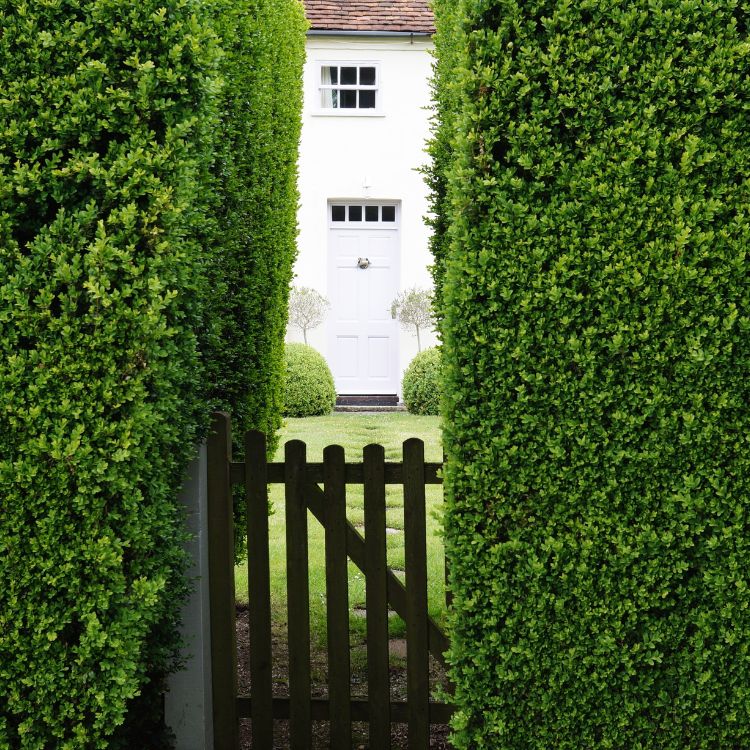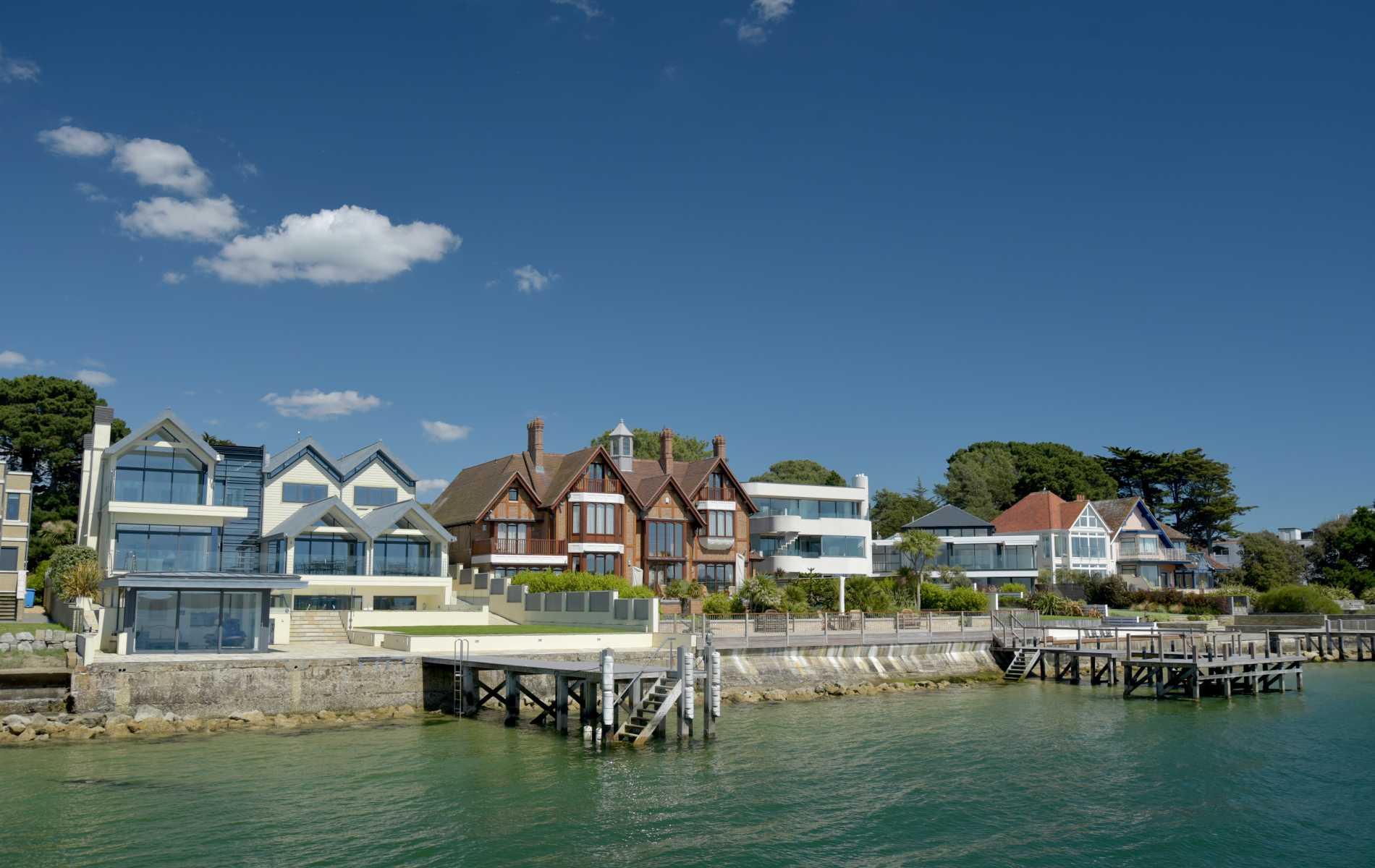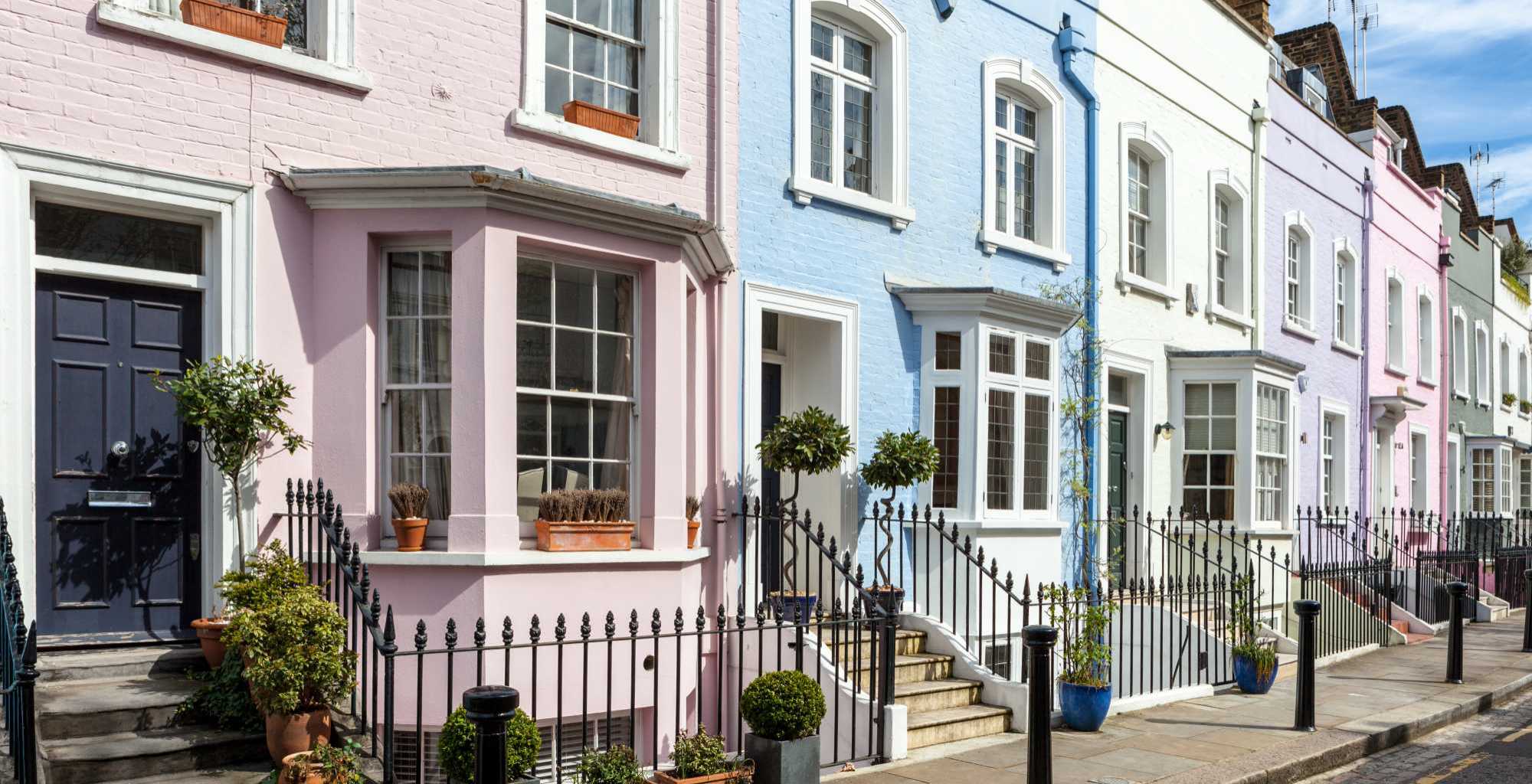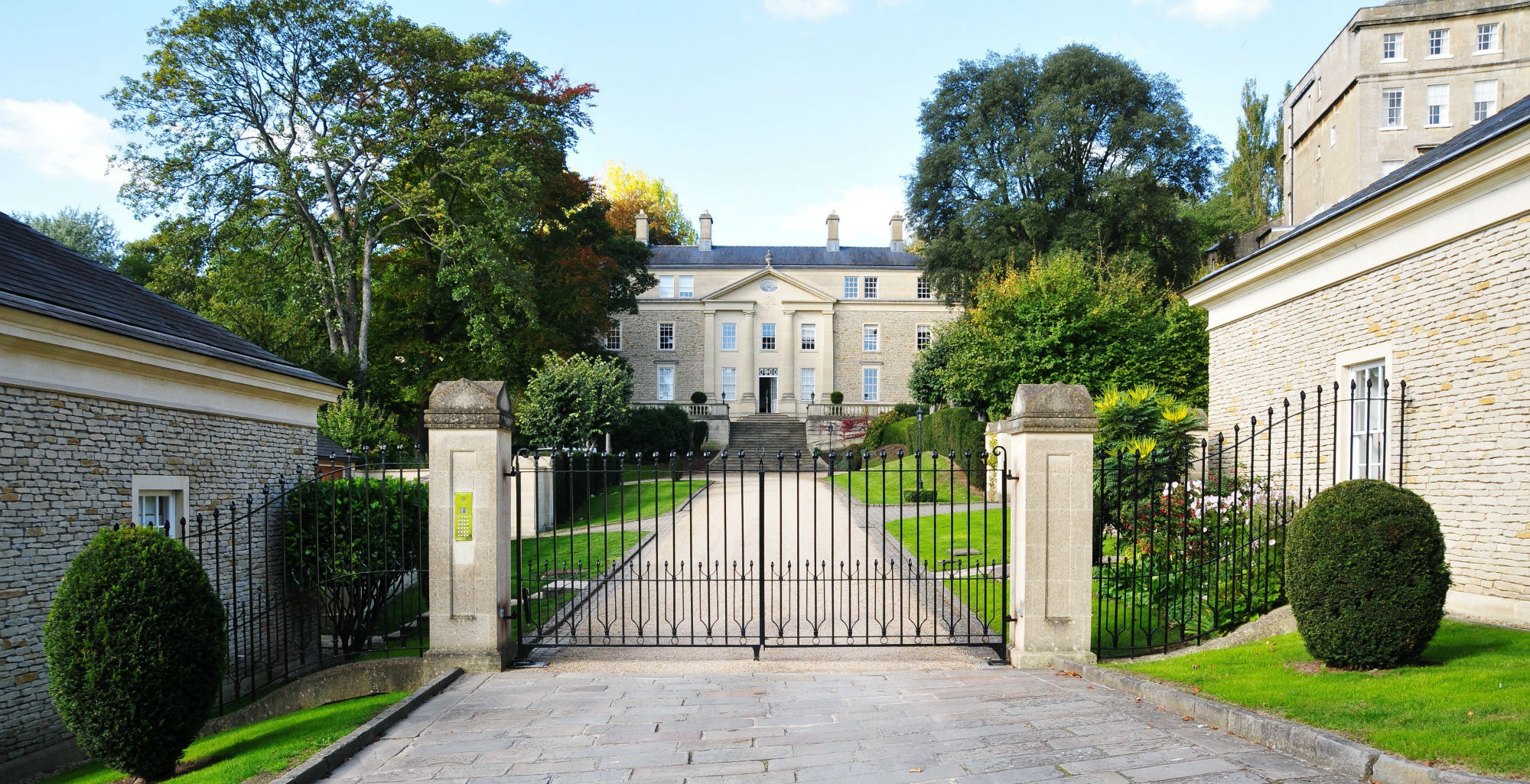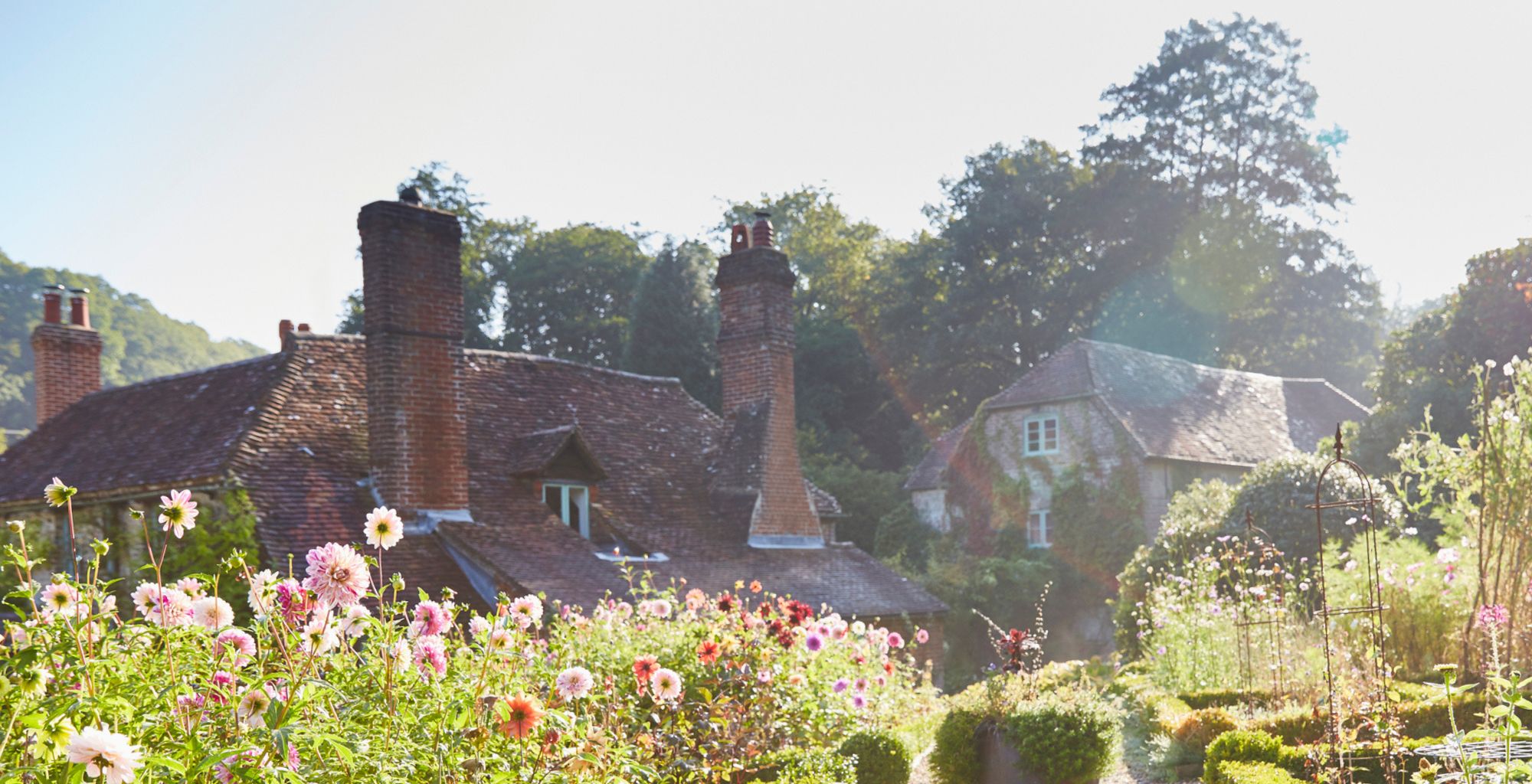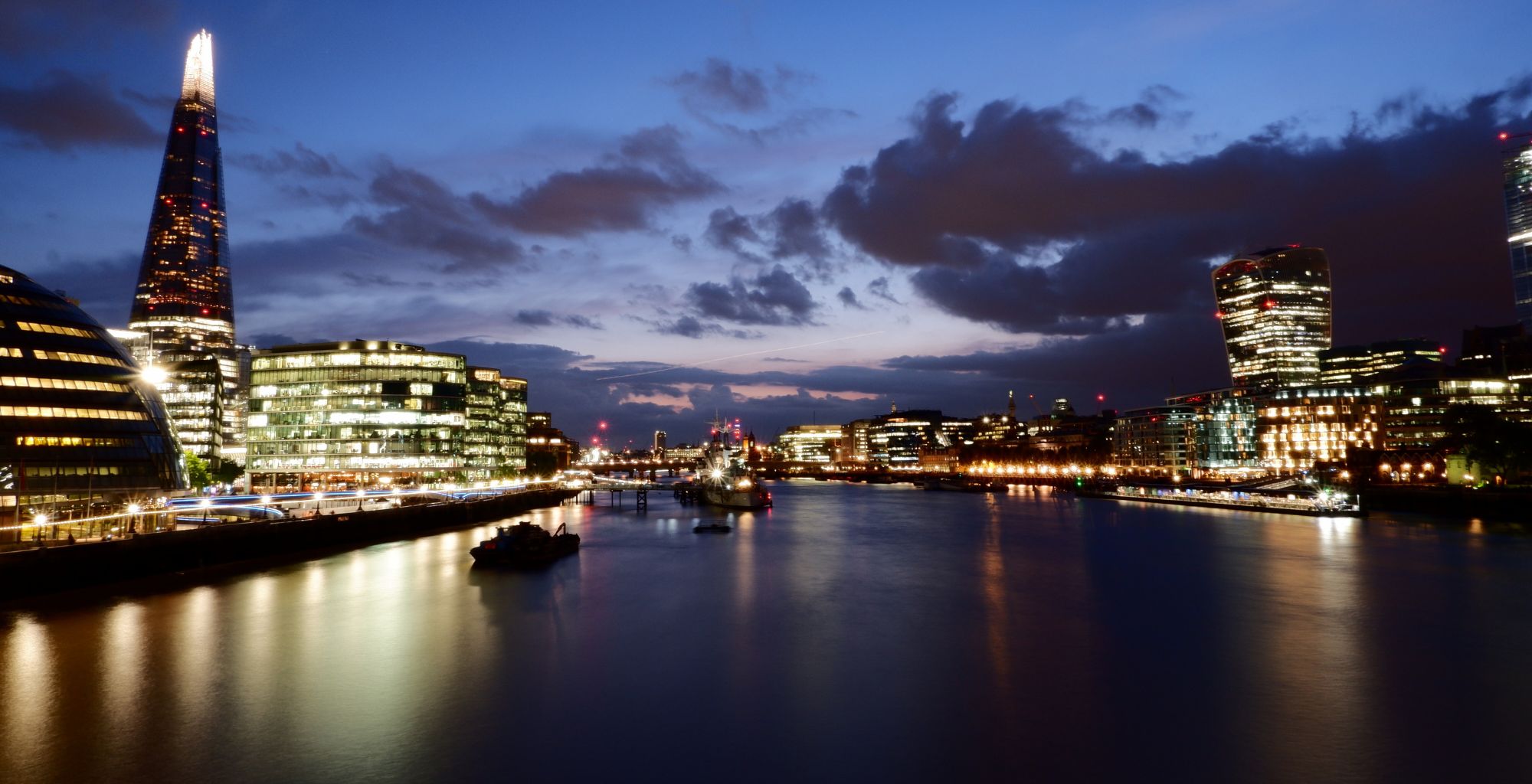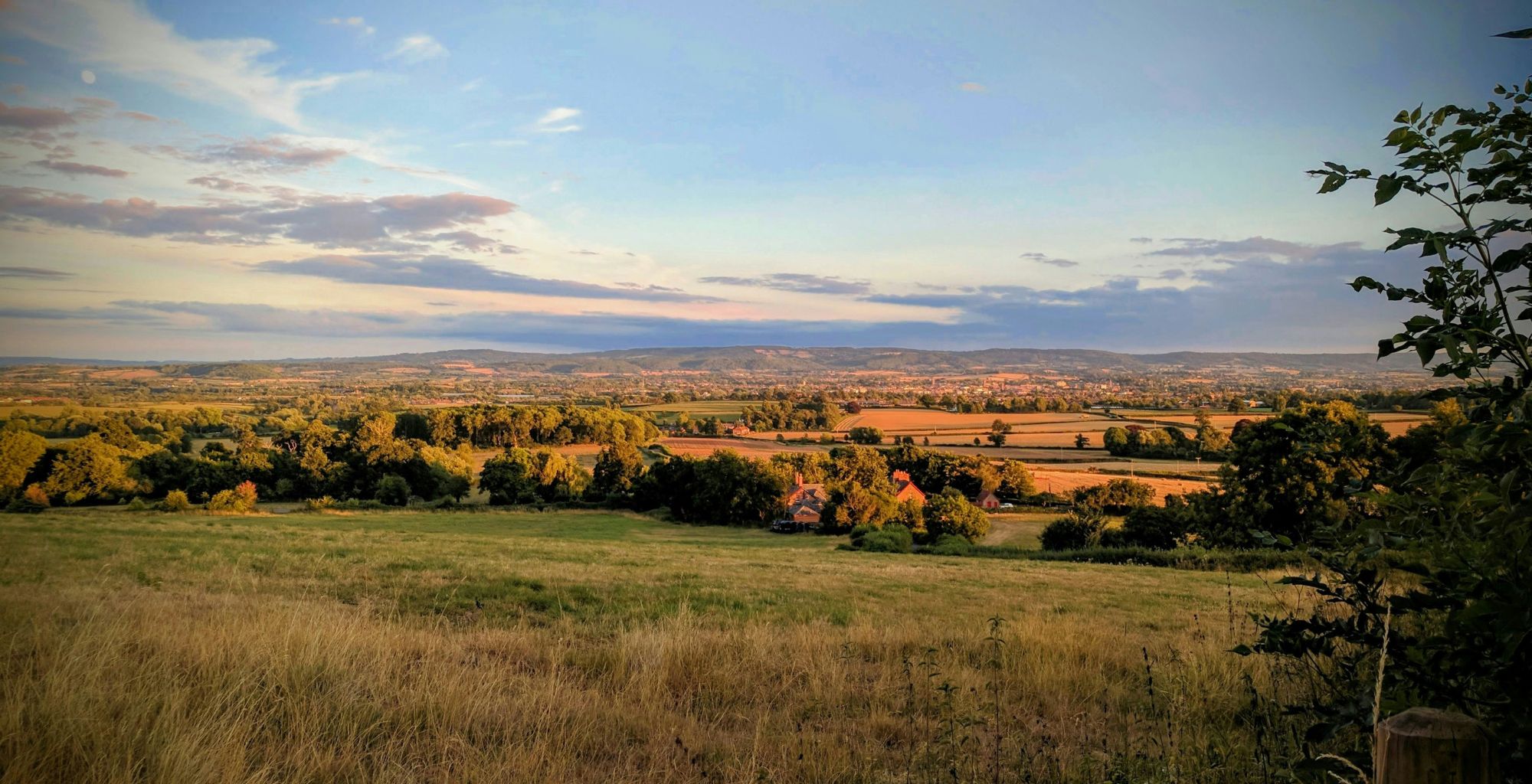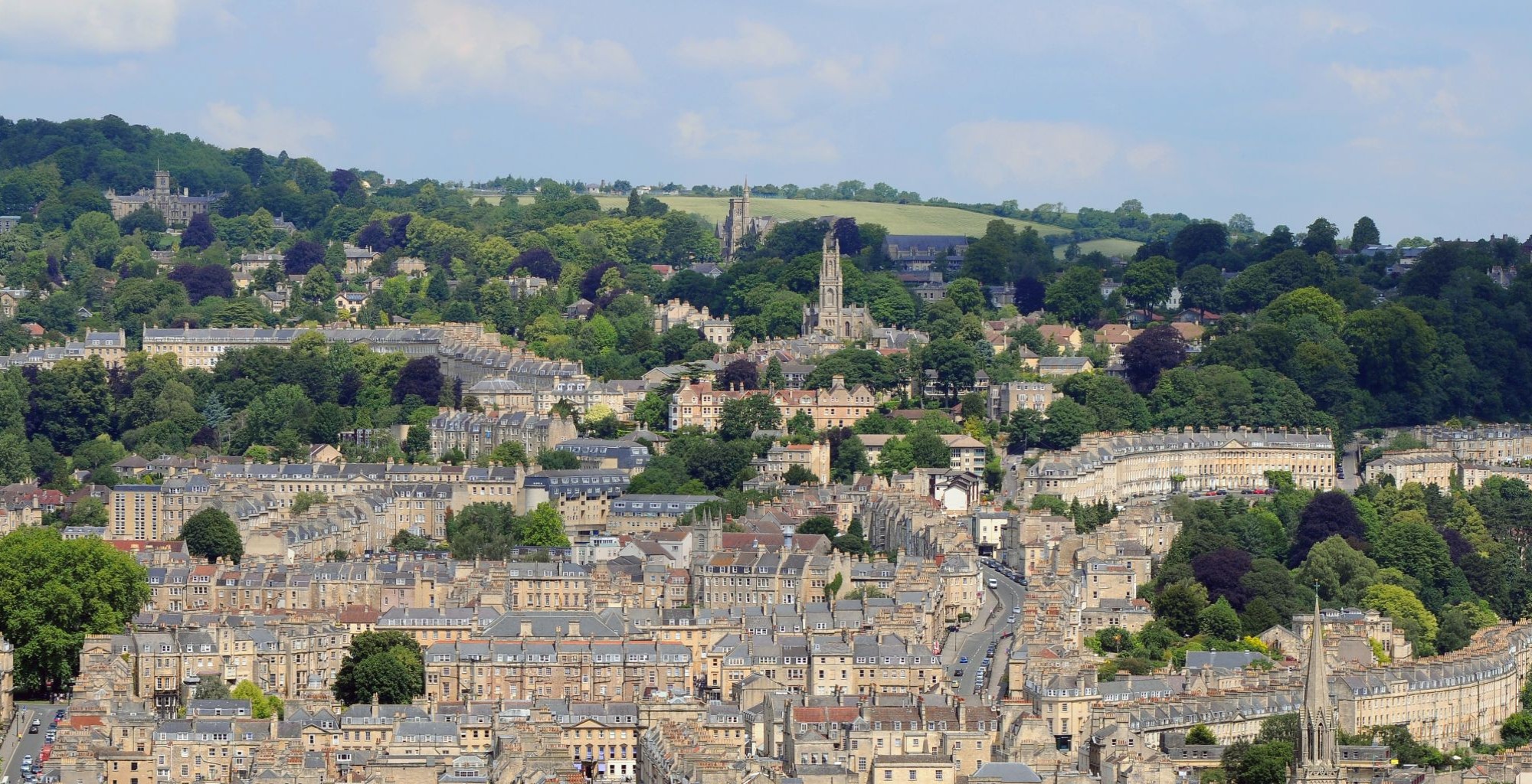For homebuyers seeking a blend of visual appeal and practicality, Arts and Crafts houses stand out as an exemplary...
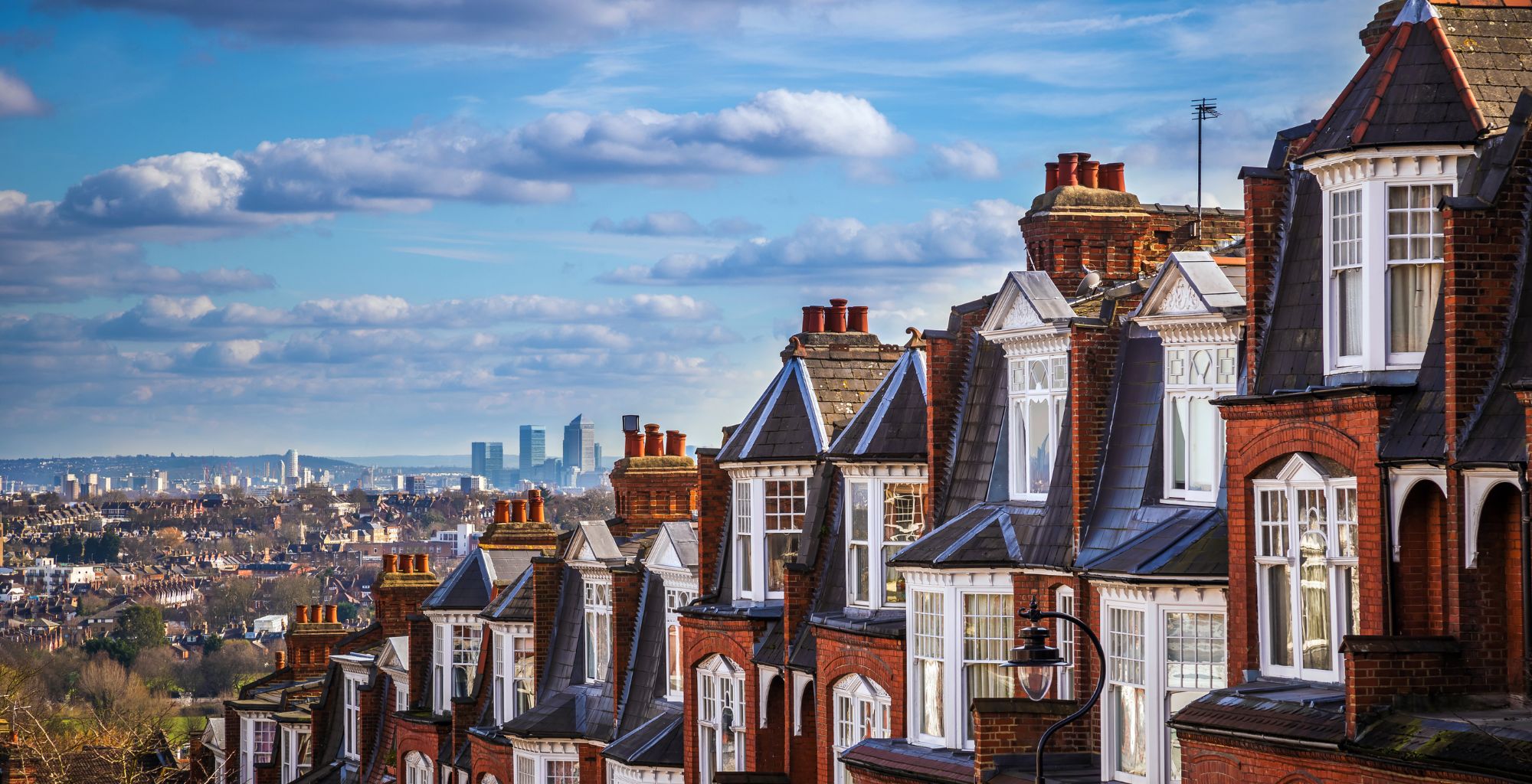
15 factors that affect property value | Buy wisely
There are many factors which affect the value of a property, but in this article we share our expertise on some of the top 15 factors that affect property value and consider how buyers can ensure they buy wisely?
If you’re looking to buy a property, one of the principal factors you will consider is the price.
But what exactly influences house prices? What is likely to affect a property’s value – and what might cause that value to fall?
The following 15 main factors that affect value of a residential property.
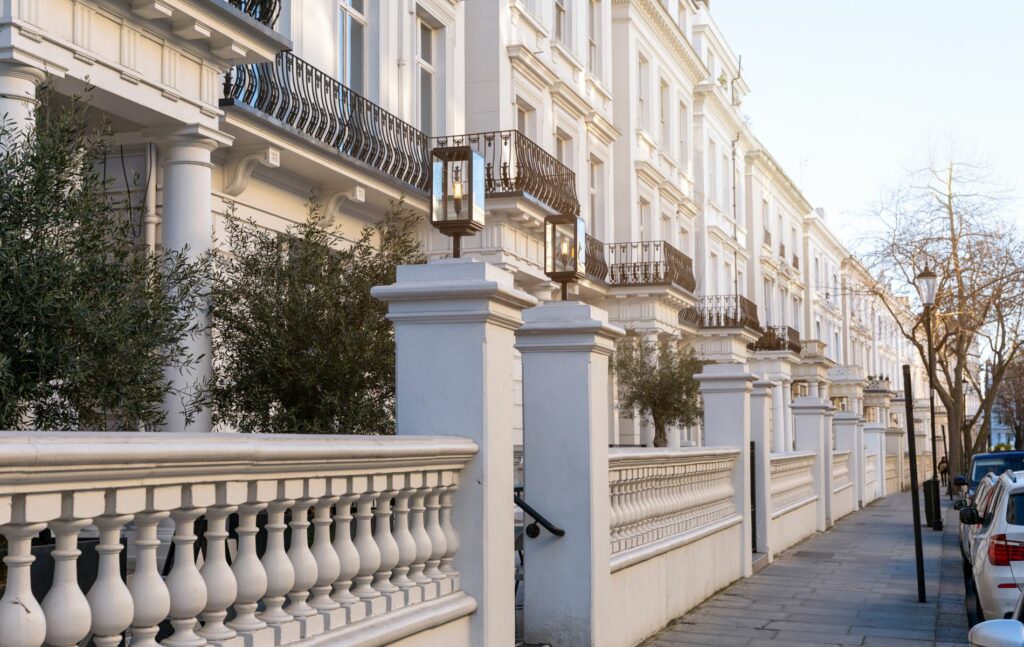
1. Supply and demand
Supply and demand affect the price of all goods and services – as true of property as anything else – if housing of a particular type in the local market is in short supply, prices go up. But if it is abundant, then prices go down.
2. Inflation
In times of inflation, all prices are rising, and that includes the price of housing (including materials for construction for example).
As prices rise, so too does the cost of borrowing – increasing the interest rates that underlie mortgage rates.
3. Prime property
The factors influencing prices are unlikely to affect all properties equally.
Highly sought-after and desirable properties – prime properties – practically by definition will almost certainly be scarcer, with that relative shortage of supply resulting in higher values.
4. The employment market
The state of the labour market can also affect prices.
When unemployment rates are high, and those without jobs are struggling to pay the mortgage or rent, the demand for housing falls, and prices will also fall.
Conversely, of course, high rates of employment may increase demand – and prices will rise.
Economic activity is a crucial factor in UK house prices.
Areas of the country which are experiencing economic growth tend to enjoy higher house prices, as people are willing to pay more to live in a prosperous area.
5. Age and condition of the property
The age, condition, and historical or architectural interest of the property – including any refurbishments, remodelling, or renovation – directly affect the value of a property and the price at which it is advertised.
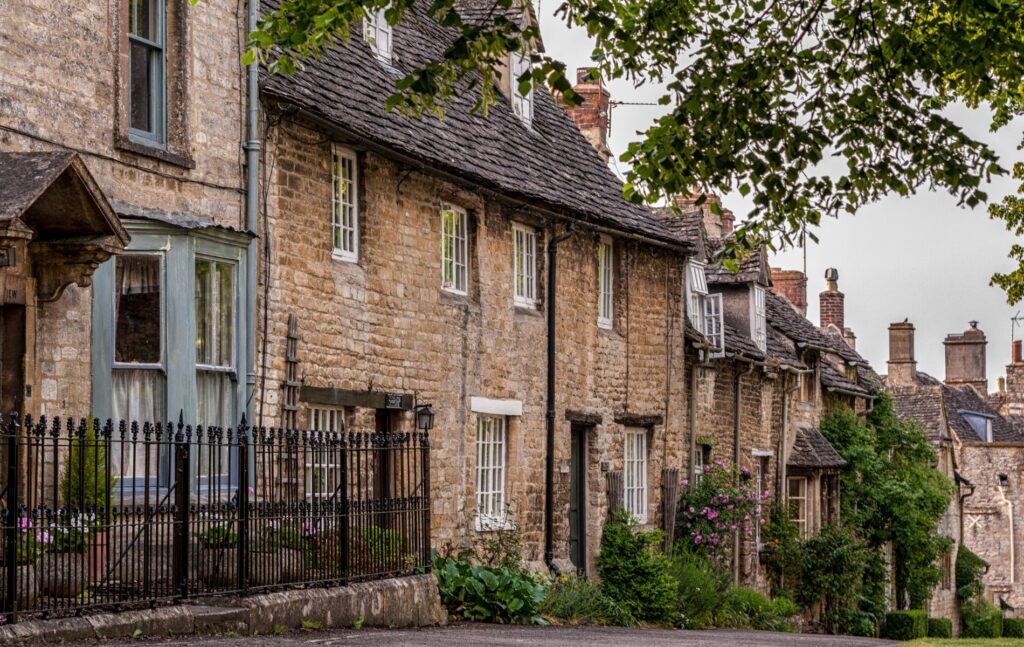
6. Size
Descriptions of property for sale invariably make reference to the size – in terms of overall floor area, the number of bedrooms, and amenities such as home cinemas, indoor swimming pools, gyms, wine cellars, and the like.
Factors such as these are reflected in the price, which is hardly surprising since they determine the levels of comfort and freedom or living space within your chosen property.
7. Outside
Outside facilities and the extent or acreage of the surrounding ground will also affect the property’s price.
A garage will be considered practically essential, for instance, and the more relevant measure is likely to be the number of vehicles that any garage can accommodate.
Outbuildings, additional accommodation or cottages within the grounds, barns, workshops, or swimming pools may all add value to the property.
8. Planning permission
Some properties may already have planning permission approved for alterations, extensions, or refurbishment.
The permission itself has value – since time and money will be saved if you subsequently decide to press ahead with plans that have already been approved.
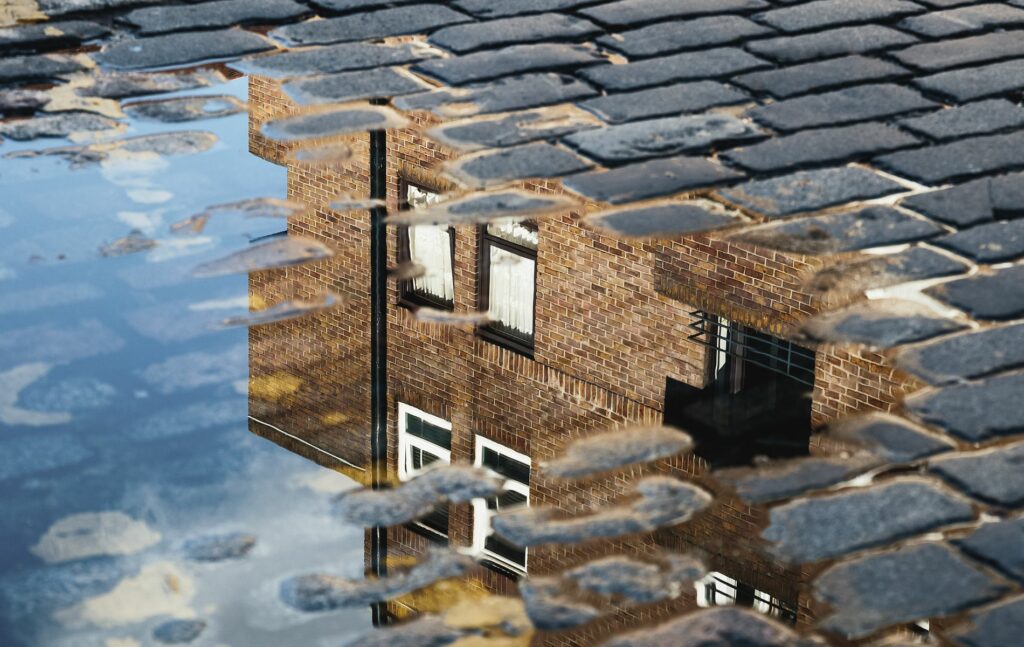
9. Drawbacks to a property
However sold you might be on what appears to be the home of your dreams, reality tells you that rarely is anything completely perfect.
When it comes to property, there are any number of potential problems that you will want to know about – and that will invariably impact the price.
Examples of the history or problems that might affect the price are issues such as subsidence, other developments and properties in the immediate vicinity, infestation of the garden or grounds by invasive plants such as Japanese Knotweed, or a history of flooding.
10. Location
It’s no accident that the house-hunters’ watchwords are “location, location, location”. It is one of the most important factors determining house prices in the UK.
The location of any property is so critical that prices for similar homes can vary widely not just from one part of the country to another, but also from county to county, town to town, from one street to another within the same town or city, or even vary from one side of the street to another.
11. Town or country
Related to the question of location is whether the property is situated in what is predominantly an urban or a rural setting.
If you choose a prime urban site such as central London, of course, you are almost certain to pay more than for a similar dwelling in the countryside.
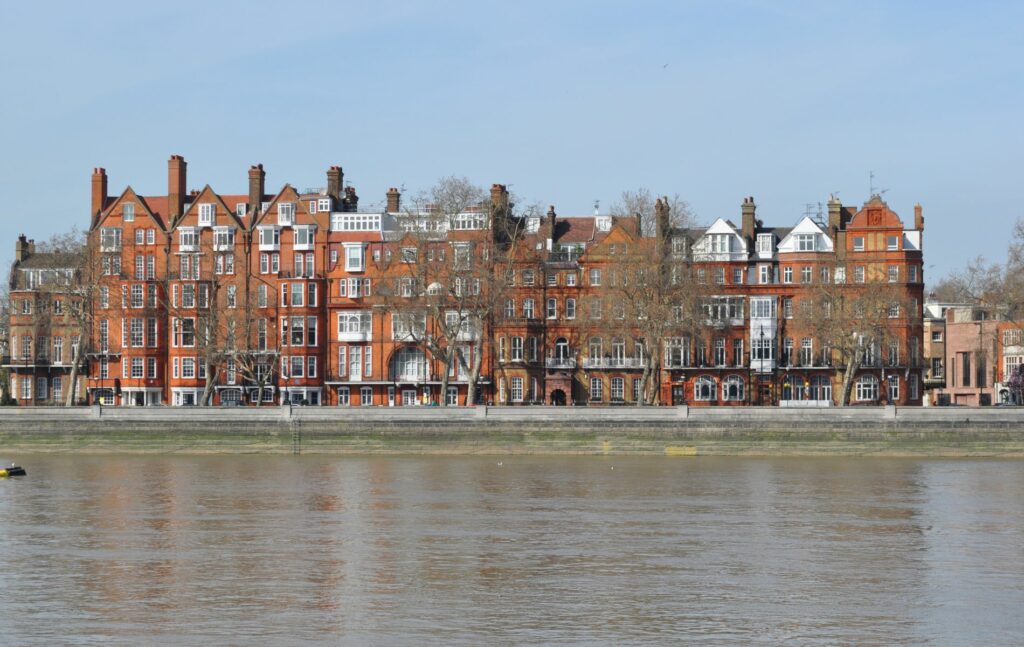
12. Schools
Many buyers are likely to have children, and the demand for homes near or with ready access to good, highly rated schools will ensure that these homes command higher than average prices.
Schools are a major consideration when highlighting the 15 factors that affect property value. Homes within the catchment of certain schools can often command significant premiums over those outside of that radius.
13. Amenities
Even for those homes located in the countryside, access to at least some of the essential amenities will be necessary – and, therefore, affect the price.
Some amenities likely to tip the balance, for example, might be the proximity of sports facilities or open spaces, good restaurants, pubs, and high-quality supermarkets, shops, and stores.
14. Transport links
While some buyers may crave a secluded home that is well off the beaten track, good transport links – by road, rail, or air – to the rest of the country and beyond will be an essential consideration to the modern buyer who is likely to pay a higher price for a home with easy access to such links.
15. Crime rates
You want the peace and security in which to enjoy your home or any other property in which you have invested – and that means somewhere relatively free of crime.
It is a factor for which the discerning buyer will be prepared to pay.
Prevailing crime rates vary over time and from one part of the country to another.
The detailed figures maintained by the government’s Office for National Statistics (ONS) help to paint the overall picture of the rates of crime recorded by the various police forces across the country.
Top 15 factors that affect property value
Many factors will affect the price of property. Some carry weight on a national basis, while others have a relatively local impact. All may change over time.
While we have identified 15 of the principal factors likely to determine the price of any property you are interested in, there are, of course, many others.
For any help or advice on buying your next home, please contact us.
